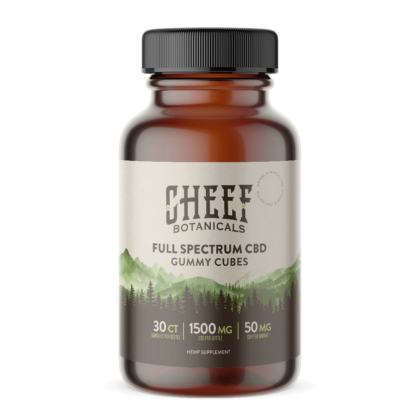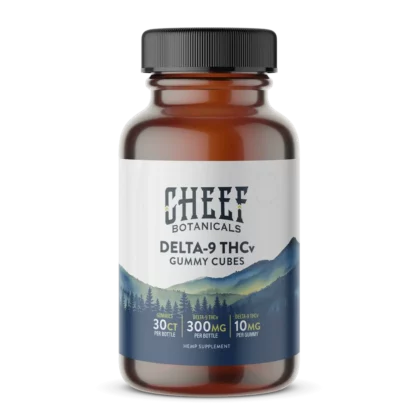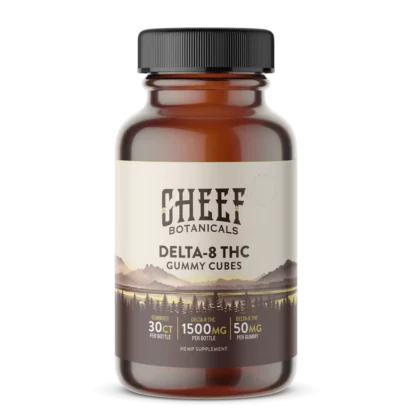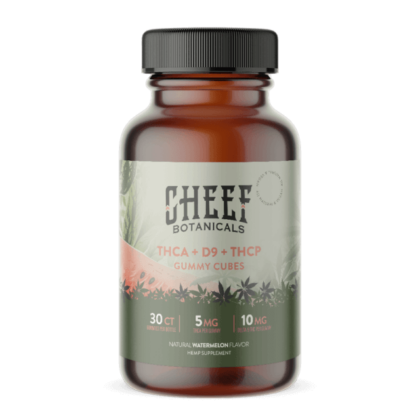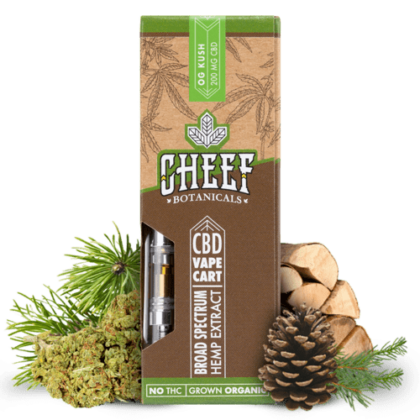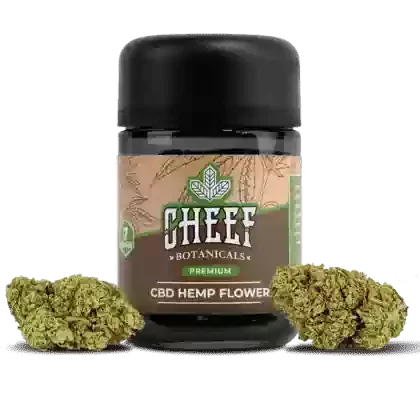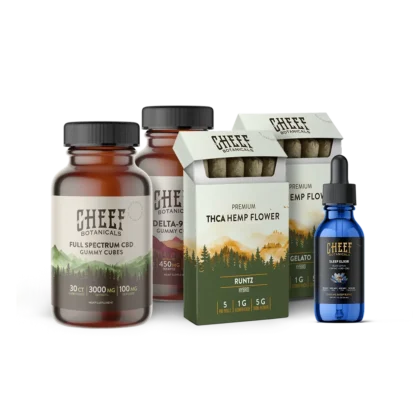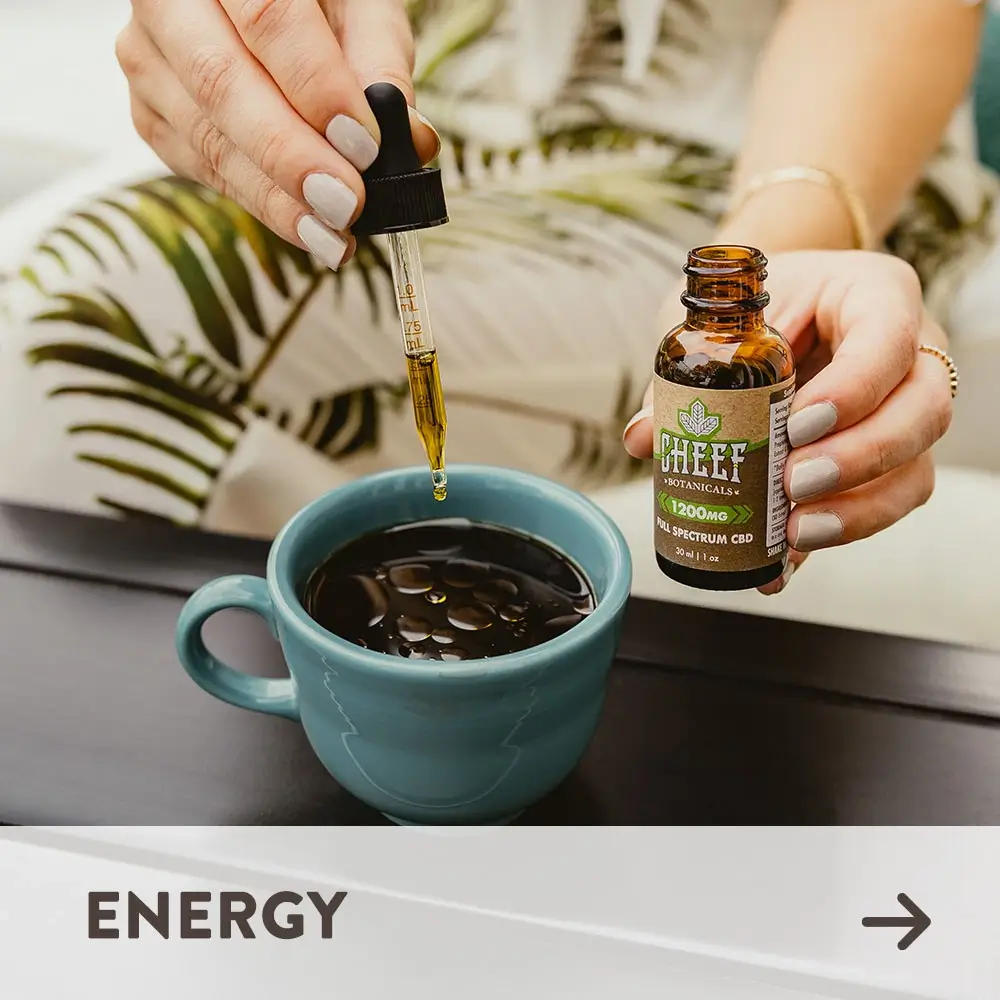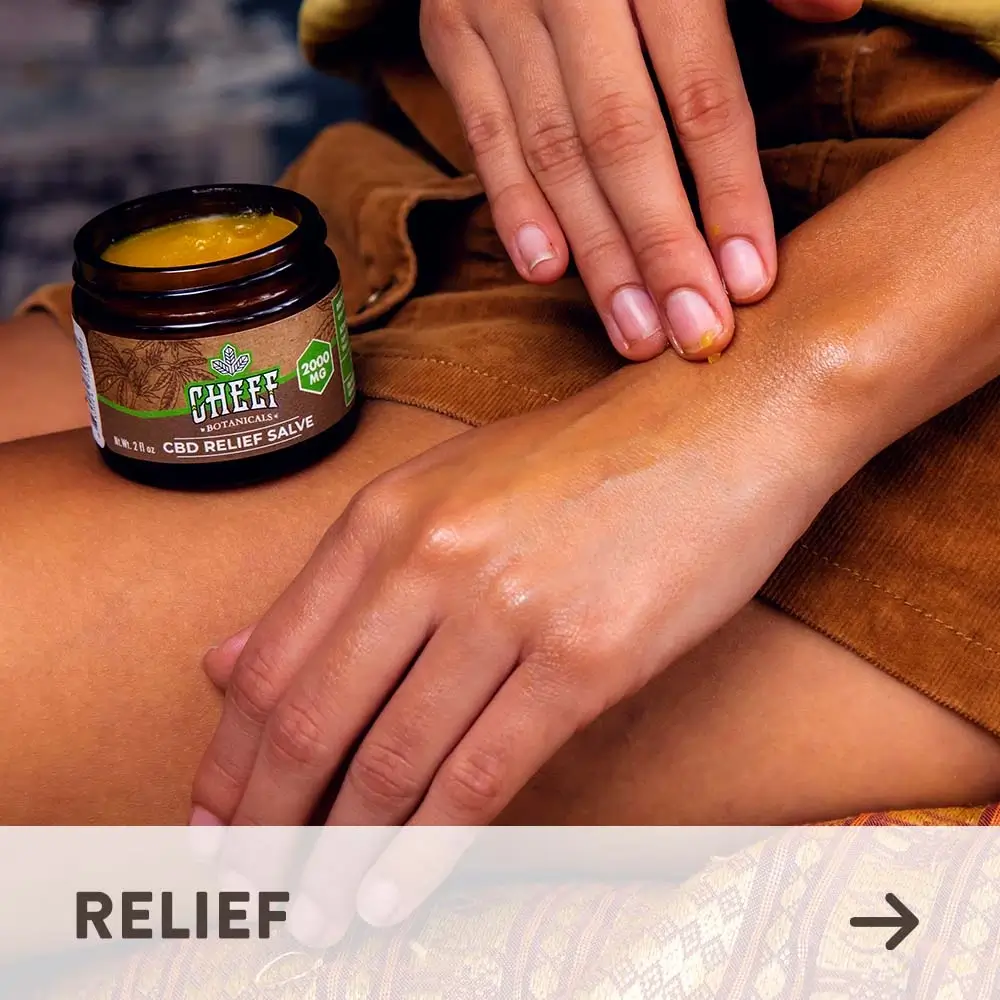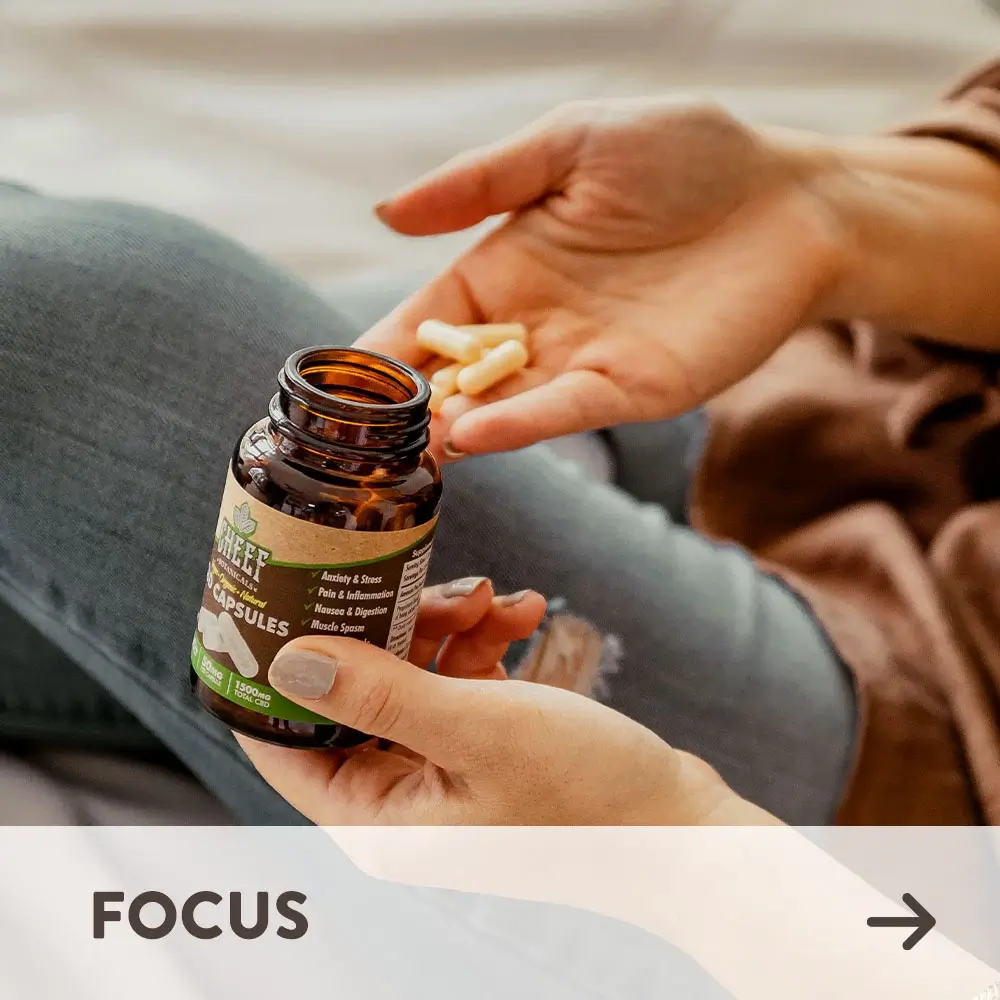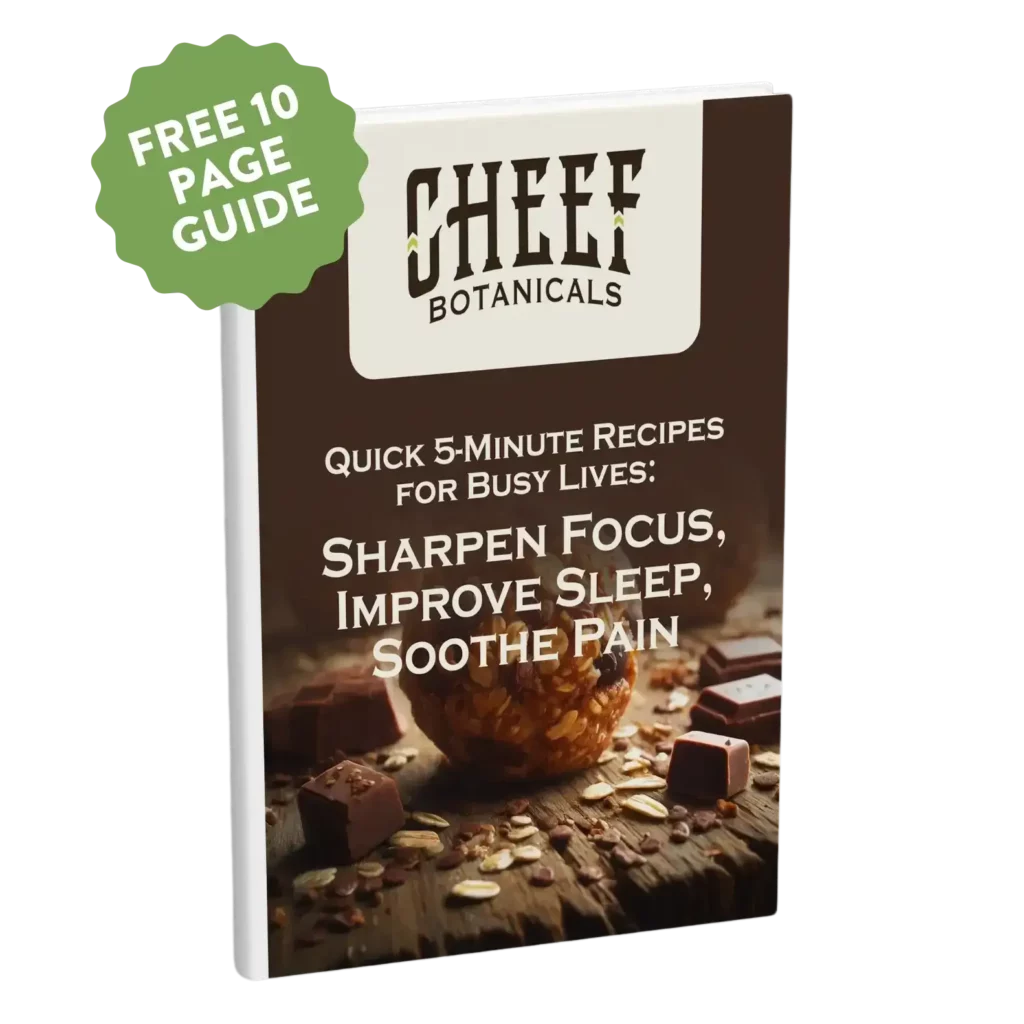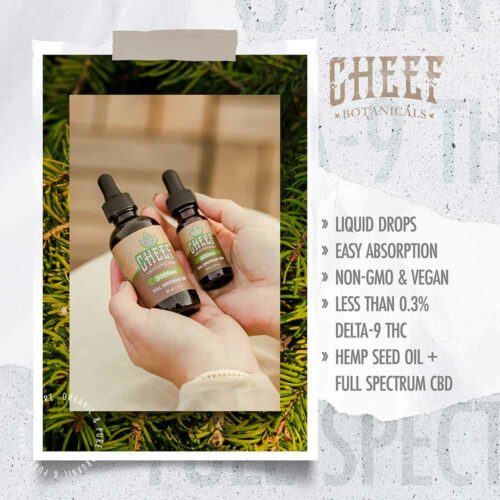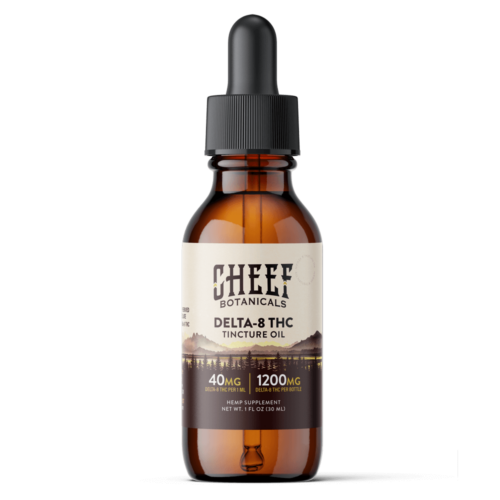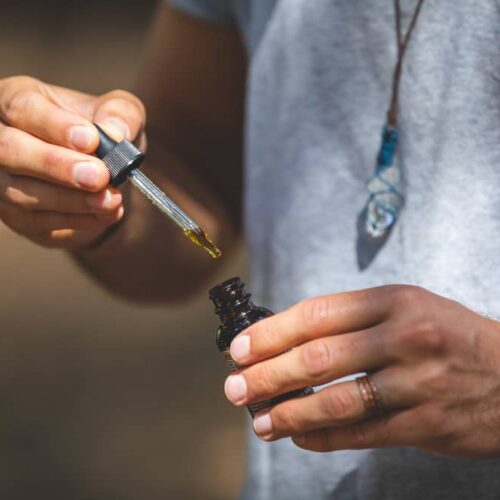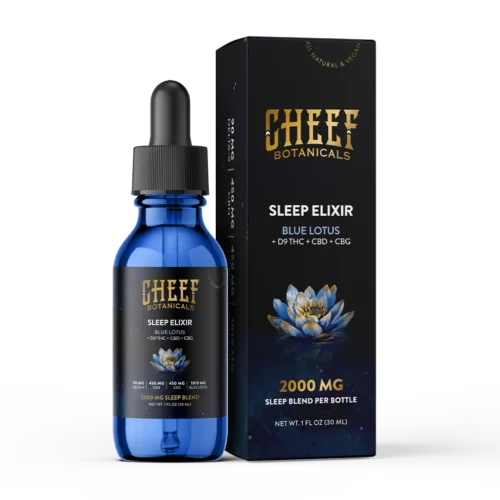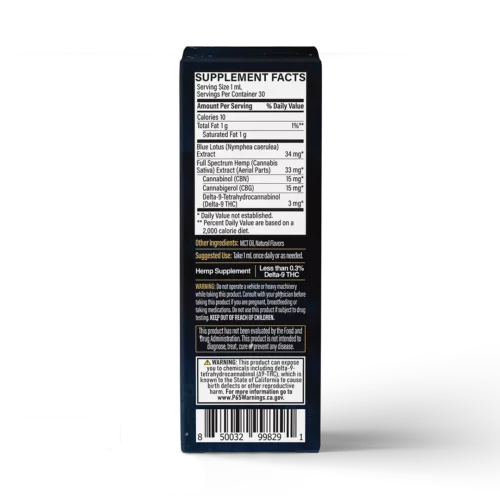-
Shop
-
By Benefit
-
Discover
Tinctures
Filters:
-
All Tinctures, CBD Oil, CBD-in-stock, CBD-oil-in-stock, Energy, Focus, Sleep, Soreness, Stress
From: $24.99 — or subscribe and save 25% Shop Now This product has multiple variants. The options may be chosen on the product page86 reviews -
All Tinctures, Black Friday, Delta 8 Oil, delta-8, GROUP A, Sleep, Soreness, Stress
From: $39.95 — or subscribe and save 25% Shop Now This product has multiple variants. The options may be chosen on the product page8 reviews -
From: $74.95 — or subscribe and save 25% Shop Now This product has multiple variants. The options may be chosen on the product page1 review
Tincture Types, Uses, & Benefits
Tinctures have been used for centuries as a simple way to capture and concentrate the benefits of plants. They’re an easy and effective way to enjoy herbal remedies, making them popular in many households. These concentrated herbal extracts have a long shelf life and various health benefits.
So, what exactly is a tincture? In simple terms, it’s a liquid extract made from soaking herbs, roots, or berries in alcohol, oil, or vinegar. This process pulls out the key components from the plant material, creating a potent solution packed with potential health benefits.
This guide will cover the different types of tinctures, their uses, and how they can fit into your daily routine. Tinctures offer potential solutions if you’re looking to improve sleep quality, boost your immune system, or find a natural remedy. Read on to learn more!
What’s a Tincture?
A tincture is a concentrated herbal extract made by soaking parts of a plant—like bark, berries, leaves, or roots—in oil, alcohol, or vinegar. This process pulls out the active ingredients, creating a powerful liquid that’s easy to use and has a long shelf life. Tinctures have been a key part of traditional herbal medicine for thousands of years.
What makes tinctures special is their ability to capture a plant’s benefits in just a few drops. Because they’re so concentrated, you can easily add them to your routine to support your immune system, promote sleep quality, support immunity, or soothe physical discomfort, depending on the herbs used. Whether you’re familiar with herbal remedies or just starting, tinctures offer a simple and effective way to enjoy the health benefits of plants.
How are Tinctures Taken or Consumed?
There are several methods for consuming tinctures, making them a flexible addition to your wellness routine. Depending on your needs or preferences, these concentrated herbal extracts can be taken differently. Each way offers a unique way to experience the benefits of tinctures so you can choose what works best for you. Here’s how you can consume tinctures:
- Swallow Straight. Take tinctures directly by swallowing them. It’s a fast and straightforward way to get the herbal benefits into your system.
- Sublingually. Place a few drops under your tongue. This method allows the tincture to absorb quickly into your bloodstream, offering fast-acting effects.
- Add to Beverages. Mix tinctures into drinks like tea, juice, or smoothies. This is a great way to enjoy the benefits without directly tasting the tincture.
- Topical Use. Some tinctures can be applied to the skin for targeted relief, like easing discomfort or soothing irritation.
How Not to Consume Tinctures
While tinctures are versatile and easy to use, there are some things you should definitely avoid. Knowing how not to consume tinctures is as important as knowing the right ways to take them. This ensures you get the benefits without any unwanted effects. Here are two key things to avoid:
- Never Smoke or Vape a Tinctures
Tinctures are meant for internal or topical use, not for smoking or vaping. Their alcohol, oil, or vinegar content makes them unsuitable for inhalation, and trying to smoke or vape them can harm your lungs. - Do Not Overconsume Tinctures
It’s tempting to think that more is better, but with tinctures, moderation is key. Too much might lead to adverse reactions, especially if the tincture contains potent herbs. Follow the recommended dosage and consult a healthcare provider if you have any concerns.
What Common Bases Are Used To Make Tinctures?
Choosing the right base for your tincture is important because it impacts how well it works, its flavor, and how long it lasts. Different bases help extract the beneficial compounds from plants, each with perks depending on what you’re looking for.
- Alcohol. This is a popular base for many tinctures because it extracts beneficial compounds from plant material and helps extend the shelf life of herbal tinctures. Most tinctures meant for internal use contain ethyl alcohol, such as vodka or food-grade ethanol.
- Glycerin. Vegetable glycerin is a sweet, clear liquid often used as an alcohol-free base. It’s especially good for making tinctures with fresh herbs and is safe for children and pregnant women. Glycerin is effective at extracting a wide range of plant compounds.
- Oils. Oils like coconut or olive oil can be used as a base, especially for tinctures applied to the skin. These oils help extract fat-soluble compounds and are often used in herbal remedies for topical use.
- Vinegar. Apple cider and white vinegar are great alcohol-free options for making tinctures with dried or fresh herbs. Vinegar is a good solvent for those who want to avoid alcohol but still want to enjoy the health benefits of herbal tinctures.
- Honey. Honey can be combined with vinegar to create an oxymel, a sweet and beneficial tincture base. Oxymels are popular for their taste and added health benefits from honey, often used to soothe the throat or support the immune system.
Herbal Tinctures [Common Types + Potential Benefits]
Herbal tinctures have been trusted as natural remedies for various health issues for centuries. These concentrated herbal extracts are powerful and easy to use, making them a favorite for those seeking plant-based solutions.
Whether you want to boost your immune system or relax after a long day, herbal tinctures offer an effective way to tap into the benefits of plants. Here’s a look at some popular types of herbal tinctures and what they can do for you.
Ashwagandha
Ashwagandha is considered an adaptogen that helps the body handle stress more effectively. This herbal tincture may support the immune system and sleep quality and soothe anxiety. People often turn to ashwagandha to enhance their overall well-being and increase their resilience to stress naturally.
Echinacea
Echinacea is well-known for its potential immune-boosting properties, and it is especially popular during cold and flu season. This herbal tincture might possibly lessen the severity and duration of colds by supporting the immune system.
The antioxidant compounds in echinacea might also help your body fight off infections, making it a popular choice for maintaining good health.
Elderberry
Elderberry tinctures are prized for their potential to support immune function, particularly during flu season. Packed with antioxidant compounds, elderberry may help protect your cells and boost your body’s natural defenses.
Some people claim it may reduce inflammation and ward off infection, making it a great addition to your herbal medicines.
Lemon Balm
Lemon balm, a calming member of the mint family, is claimed to offer mood-boosting properties. This herbal tincture is commonly used in efforts to soothe anxiety, support sleep quality, and promote mental focus. If you’re constantly stressed, lemon balm might enhance your mood naturally.
Holy Basil (Tulsi)
Holy Basil, or Tulsi, is a key herb in Ayurvedic medicine. Packed with antioxidants, this herbal tincture helps shield your body from damage and possibly soothes inflammation. Tulsi is often used to support the immune system in hopes of preventing viral infections. Some info out there also claims it may help to regulate blood sugar levels.
Chamomile
Chamomile, especially German chamomile, is famous for its calming effects. This herbal tincture is often used to improve sleep quality and relax the mind. Chamomile might also have anti-inflammatory and antibacterial properties, which potentially help with digestive discomfort and overall well-being. Many people claim chamomile use may ease symptoms of anxiety, depression, and stomach issues like bloating and discomfort.
Cannabis (THC/CBD/Delta-8)
Cannabis tinctures, like those we offer, are a flexible way to enjoy the benefits of cannabinoids, the active compounds in cannabis plants. There are different types, each with its own unique effects:
- CBD Tinctures are popular for their non-psychoactive benefits, which promote a calm mind, soothe physical discomfort, and support sleep without a high-like feeling typically associated with cannabis.
- THC Tinctures. These are known for their relaxing effects, supporting sleep, promoting appetite, and enhancing mood. It may also provide a sense of bliss and euphoria.
- Delta-8 Tinctures. Offering a gentler psychoactive experience than THC, Delta-8 is a good choice for a balanced effect.
- CBD/THC Tinctures. These combine the benefits of both CBD and THC, providing relief from physical discomfort and supporting sleep quality and a positive mood.
We offer high-quality cannabis tinctures that suit different needs. If you’re looking for something different, our cannabis gummies are another enjoyable way to experience these benefits.
Mushroom Tinctures [Common Types + Potential Benefits]
Mushroom tinctures are becoming popular for those looking to support their health naturally. These concentrated herbal extracts make it easy to enjoy the benefits of medicinal mushrooms. Let’s take a look at some common types of mushroom tinctures and what they can do for you.
Lion’s Mane
Lion’s Mane mushroom tinctures are known for their brain-supporting benefits. This herbal tincture complements brain health by promoting the growth of nerve cells, which may support memory and focus. Many people use Lion’s Mane to enhance mental clarity and potentially protect against age-related cognitive decline. Adding it to your routine can help keep your mind sharp and focused.
Cordyceps
Cordyceps tinctures are a popular choice for supporting energy and physical performance. This herbal extract helps to support stamina and endurance. This is a popular option for athletes and active individuals. Cordyceps supposedly also boosts oxygen uptake in the body, enhancing overall vitality. This is a great choice if you’re looking to naturally support your energy levels.
Turkey Tail
Turkey Tail mushroom tinctures are loved for their immune-supporting properties. Rich in antioxidants, this herbal tincture may complement your body’s defenses. Many people use Turkey Tail to support their immune system, especially those with chronic health issues. Including Turkey Tail in your daily routine might naturally enhance your immune function.
Amanita Muscaria
Amanita Muscaria tinctures offer unique benefits compared to other mushroom tinctures. Known for its psychoactive properties, this tincture has been used in traditional spiritual practices. Amanita Muscaria may help promote relaxation and alter consciousness, making it appealing to those exploring its traditional uses. If you’re considering adding this tincture to your wellness routine, it’s important to use it carefully due to its potent effects.
Tincture Formulations With Alcohol
Alcohol is commonly used in tinctures because it’s great at extracting and preserving plant-beneficial compounds. This makes alcohol-based tinctures effective and long-lasting. Depending on the herb and its intended use, different types and strengths of alcohol are chosen. Here are the main options:
- 80- to 90-proof vodka (40% to 50% alcohol by volume). Ideal for most tinctures, especially when using dried herbs or fresh herbs with low water content. It’s a versatile and reliable solvent.
- Half 80-proof vodka and half 190-proof grain alcohol (67.5% to 70% alcohol by volume). Best for fresh herbs or those with high moisture content, like lemon balm. It’s also great for tinctures made from roots, berries, or seeds.
- 190-proof grain alcohol (85% to 95% alcohol by volume). A strong solvent that works well for extracting resins, gums, and barks. It’s powerful but usually unnecessary for tinctures using leaves, flowers, or roots.
Alcohol-Free Tinctures
For those who prefer not to use alcohol, alcohol-free tinctures offer a great alternative. These tinctures use other solvents to extract the beneficial compounds from herbs, providing similar benefits without alcohol. Here are the main options:
- Glycerin. A clear, sweet liquid that effectively extracts plant compounds. Glycerin-based tinctures are safe for children and pregnant women and work well with fresh herbs.
- Vinegar (Apple cider or white vinegar). A popular alcohol-free solvent, vinegar is great for making tinctures with both dried and fresh herbs. It’s a solid choice for those avoiding alcohol.
- Honey (used in oxymels). When mixed with apple cider vinegar, honey creates oxymels—sweet tinctures that also offer additional health benefits. They’re popular for their taste and the wellness benefits of honey.
What Kind of Tinctures Do We Offer?
At Cheef Botanicals, we pride ourselves on offering top-quality tinctures designed to meet your wellness needs. Our tinctures are made with the finest ingredients, ensuring you get the best possible benefits. Whether you seek relaxation, relief, or overall well-being, our tinctures provide effective and reliable results.
- CBD Tincture Oil
Our CBD Tincture Oil is crafted with pure CO2-extracted CBD and hempseed oil to create a potent, concentrated tincture. For faster absorption, place the drops under your tongue. This tincture combines the benefits of Omega 3, 6, and 9 from hempseed oil with the non-intoxicating effects of CBD, fitting a healthy diet and promoting wellness. - Delta 8 Tincture Oil
Our Delta 8 Tincture Oil has only two high-quality ingredients: Delta 8 distillate and hempseed oil. This simple formula delivers a soothing, full-body relaxation experience. You can consume it by placing a few drops under your tongue, adding it to food or drink, or consuming it directly. It’s perfect for unwinding after a long day, calming and rejuvenating.
How to Make Homemade Tinctures
Making your tinctures at home is a rewarding way to create personalized herbal remedies tailored to your needs. Not only does it give you control over the ingredients, but it also allows you to experiment with different herbs and solvents to achieve the perfect blend. Here’s how you can make your own tinctures step by step.
- Gather Your Ingredients. Start by choosing high-quality fresh or dried herbs. Fresh herbs offer vibrant flavors, while dried herbs provide a longer shelf life. You’ll also need a solvent like grain alcohol (vodka or Everclear), or for an alcohol-free option, use organic vinegar, local honey, or vegetable glycerin.
- Prepare Your Tools. Use sterilized glass jars with tight-fitting lids, like Mason jars, to store your tincture. Don’t forget to label your jars with the herb name, preparation date, and when it will be ready to use.
- Prepare the Herbs. If you’re using fresh herbs, wash them thoroughly and dry them completely. Chop or grind dried herbs to release their beneficial compounds.
- Fill the Jar. Fill about 75% of your jar with the herbs, leaving enough room for the solvent to fully cover them.
- Add the Solvent. Pour your chosen solvent over the herbs, making sure they are completely submerged. This ensures that the beneficial compounds are properly extracted.
- Seal and Store. Keep the jar tightly sealed and place it in a cool, dark spot away from direct sunlight for two to eight weeks to let the herbs infuse into the solvent.
- Shake Weekly. Gently shake the jar a few times a week to mix the herbs and solvent and ensure even extraction.
- Strain and Bottle. Strain the tincture through cheesecloth or a coffee filter into a clean glass bottle after a few weeks, and throw away the plant material.
- Label and Store. Clearly label your bottle with the herb and date, then store it in a cool, dark place for future use.
Cautions and Concerns of Making Homemade Tinctures
It’s important to consider these factors when making homemade tinctures for safety and effectiveness. Always start with high-quality, organic herbs to avoid any unwanted chemicals or contaminants.
If you’re using alcohol as a solvent, make sure it’s food-grade and safe for consumption. Clear labeling is key—write down the herb name and preparation date to keep track. Also, remember to store your tinctures in a cool, dark place to preserve their potency. With these in mind, you can safely enjoy the benefits of your homemade herbal tinctures.
Shelf Life of Different Tinctures
The shelf life of tinctures depends on the type of solvent you choose:
- Alcohol-based tinctures– 3 to 5 years
- Glycerin-based tinctures– 1 to 2 years
- Honey-based tinctures– 6 to 12 months
- Vinegar-based tinctures– 1 to 6 months
Can There Be Side Effects From Using Tinctures?
Herbal tinctures are a natural way to support your health, but natural doesn’t always mean completely safe. Like other herbal remedies, tinctures can cause side effects in some people. The severity can vary depending on the person and the herbs used.
Common side effects might include allergic reactions like skin rashes, sneezing, or itchiness. Some people may also experience digestive issues such as diarrhea, nausea, or dry mouth.
In rare cases, tinctures could lead to more serious reactions, like a rapid heart rate, headaches, or seizures. Some herbs in tinctures might also interact with medications or supplements, causing unexpected effects.
Because of these possibilities, it’s wise to consult a healthcare provider before starting any new herbal tinctures, especially if you’re on medication or taking other supplements. This helps ensure the tinctures you use are safe and suitable for you.
General Tincture Dosing Information
Dosing tinctures isn’t a one-size-fits-all process. The strength of herbal tinctures can vary based on the solvent, the type of herb, and the herb-to-solvent ratio. Because of this, there aren’t strict dosing guidelines, and the right amount can differ from person to person.
Most tinctures come with suggested doses on the label, but these are just recommendations. Your ideal dose might vary depending on your needs and how your body reacts. Consulting a healthcare provider before starting herbal tinctures is important.
Health professionals can help you determine the best dose for you, check for any potential interactions with other medications, and make sure the tincture is a good fit. Starting small and slowly increasing your dose is a safe approach to finding what suits you best.
Final Thoughts – Exploring the World of Tinctures
In this blog, you’ve learned about different types of tinctures, their benefits, and how to make them at home. We’ve explored the differences between alcohol-based and alcohol-free tinctures and highlighted popular options like CBD and Delta 8. With this knowledge, you can choose the right tinctures for your wellness needs.
At Cheef Botanicals, we’re committed to offering high-quality tinctures made from the best ingredients. Each of our tinctures is third-party lab-tested to guarantee safety, purity and potency. Whether you want to boost your immune system, improve sleep, or explore natural remedies, our range of tinctures has something for everyone!

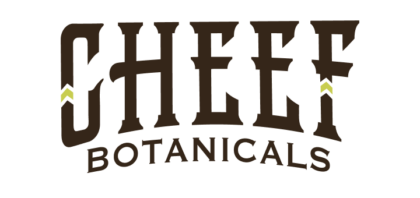
 Sale
Sale 